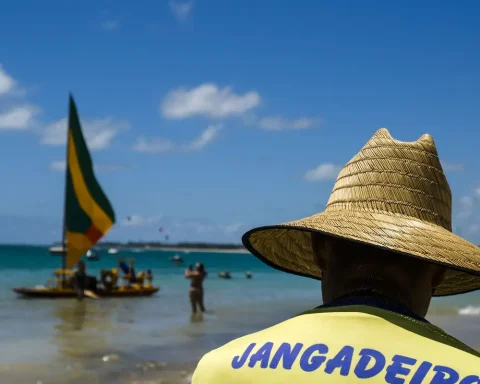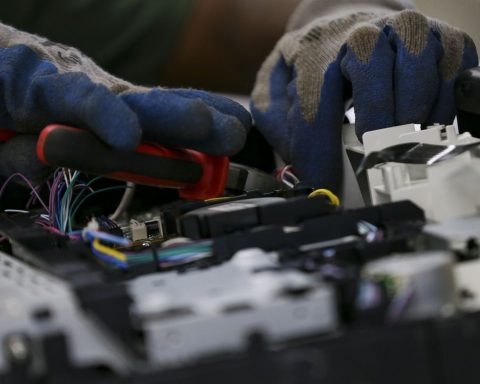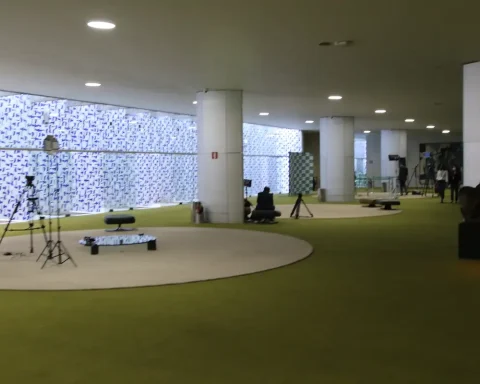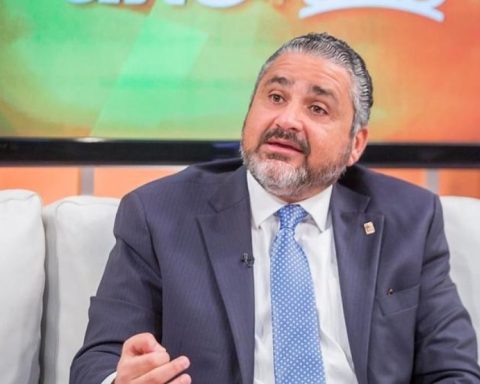The International Mucopolysaccharidosis Awareness Day, celebrated yesterday (15), will extend throughout this week, starting with the promotion of MPS Week, by Casa Hunter, a non-governmental organization (NGO) that supports patients with rare diseases and their families. . With the launch of the Management Guide – MPS Type II, the NGO intends to disseminate knowledge and clarify doubts of patients, family members and caregivers throughout the journey. The document provides information on causes, diagnoses, symptoms, treatments, as well as aspects such as education and socialization.
It is estimated that, in Brazil, 13 million people have some rare disease. Among them are mucopolysaccharidoses (MPSs), progressive, degenerative, multisystem genetic diseases that are part of the inborn errors of metabolism. As reported today (17) to Brazil Agency geneticist Ana Maria Martins, professor at the Reference Center on Inborn Errors of Metabolism, at the Federal University of São Paulo (Unifesp), the guide will help to expand knowledge about this disease.
Ana Maria Martins explained that “mucopolysaccharidoses are genetic diseases that occur due to the deficiency of enzymes that work inside lysosomes”. Enzymes are fundamental proteins for various chemical processes in the body, the lack of which can cause various disorders. Lysosomes are small structures that are inside cells and have the function of recycling substances and digesting large molecules, so that they can be used or reused.
The Unifesp professor explained that, with the accumulation of deposits of substances in the lysosomes, the signs and symptoms of MPSs will occur, such as short stature, ear infections that start around two months of age, thick secretions in the nose, bone changes and in the large joints, liver and spleen. Some types have impaired intelligence. That is, in MPSs, the production of enzymes responsible for the degradation of some compounds is affected and their progressive accumulation occurs in the patient’s body.
The expert informed that, today, the recommended treatment in the world for MPSs is in the Unified Health System (SUS). “As soon as the diagnosis is made, the patient can receive their treatment free of charge at the Health Department of their state and the better the results are the sooner they start to treat”.
childhood alert
The doctor pointed out that, when young, the child has very frequent otitis, at least once a month. “The ENT goes through a lot of treatments and she can’t improve this frequent infection. The doctor has to be alert to feel her tummy and see if she has an enlarged liver or spleen. Then you have to research the mucopolysaccharidoses (MPSs),” she recommended.
Ana Maria stated that Hunter Syndrome is known as type 2 mucopolysaccharidosis (MPS). Ana Maria Martins works mainly in the areas of inborn errors of metabolism and phenylketonuria, a disease related to a rare genetic alteration, which affects approximately one to one every 10,000 people and involves protein metabolism.
For the president of Casa Hunter and the Brazilian Federation of Rare Disease Associations (Febrararas), Antoine Daher, the Management Guide is a way to contribute to improving the journey of patients and caregivers. “There are many issues surrounding the disease, such as care, doubts and even feelings, both of the patient and the family. With the Management Guide, we want to increase knowledge about the pathology and welcome the entire support network”, said Daher. The launch of the guide was supported by pharmaceutical companies JCR, Ultragenyx, Sanofi, Sigylon, Regenxbio and BioMarin.

















